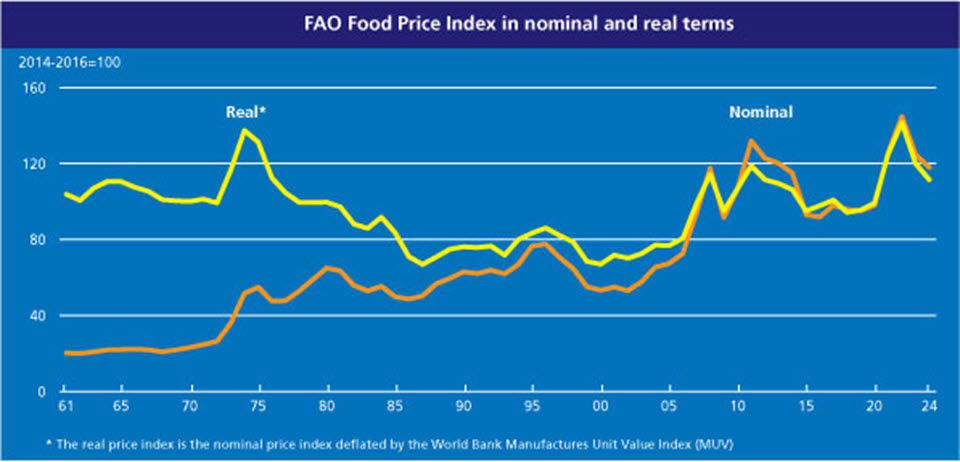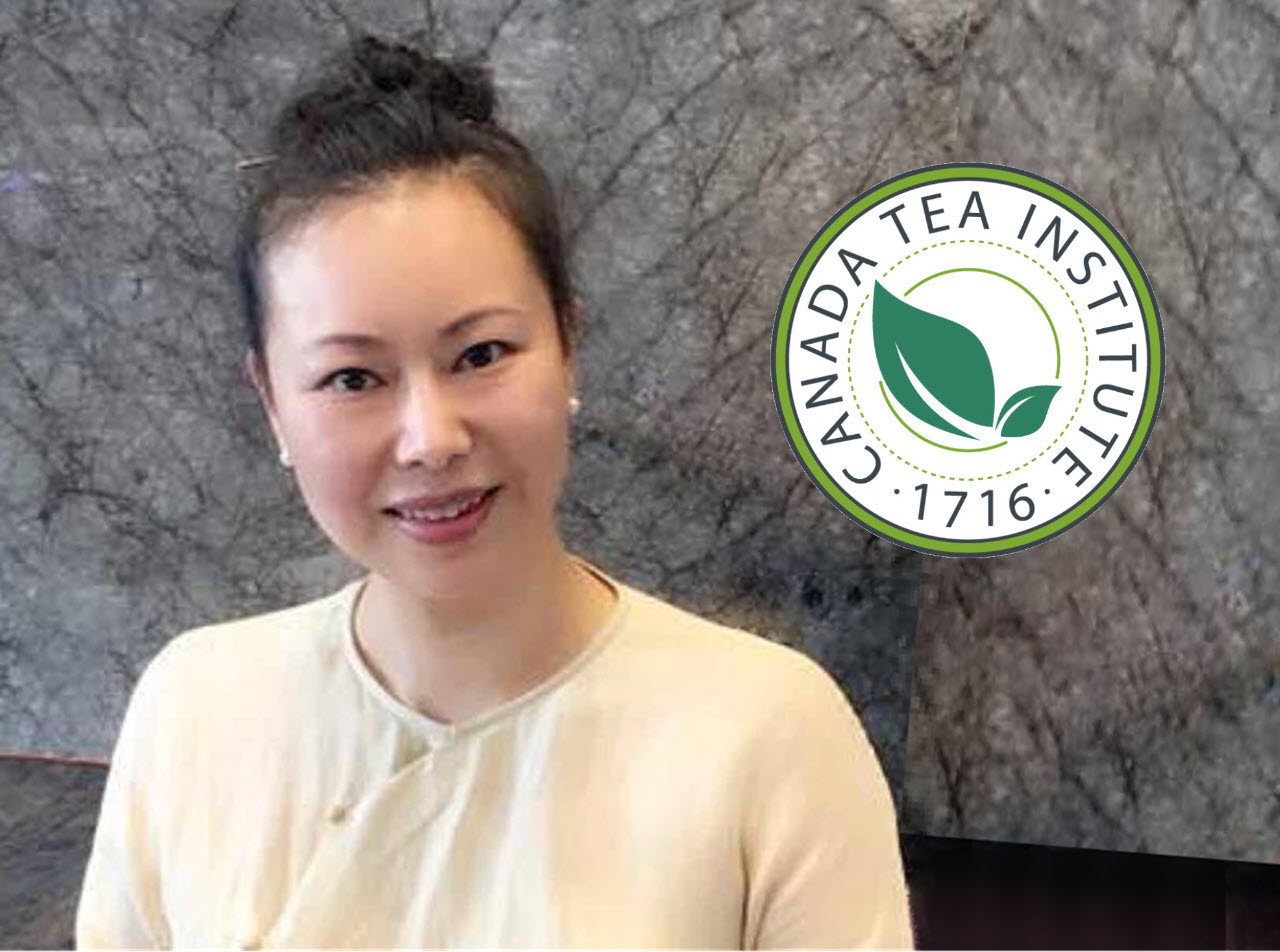Episode 156
Researchers Link Diets that Include Tea in Teabags to High PFAS Levels | Flavor Enhancing Microbes Are at the Root of Quality Tea | Retail Tea Prices Remain High as Inflation Eases
Tea News for the week ending February 23, 2024
Featured
Invented in 1875, the aromatic “qihong cha” or Keemun black tea, grown in Qimen County in China’s Anhui Province, quickly rose to prominence, explains senior tea master Lilian Xia, President of the Canada Tea Institute. She joins Tea Biz to recount the legacy of a Chinese market-savvy entrepreneur, Yu Ganchen, the pioneer of Qimen tea, who developed the processing method for Qimen black tea and expanded its sales overseas.
Listen to the Interview
Powered by RedCircle

Researchers Link Diets that Include Tea Brewed in Teabags to High Levels of “Forever Chemicals”
Researchers studying dietary patterns report a link between consuming tea in teabags and high levels of forever chemicals likely leeched from tea bags and packaging. The study was financed by the US National Institutes of Health (NIH) and was led by chemists at the Keck School of Medicine at the University of Southern California (USC)
According to researchers, dietary changes could lower pre- and polyfluoroalkyl (PFAS) levels in the body based on testing that showed increased levels in human trials among those consuming certain foods and beverages. The research is based on a nationally representative sample of 725 young adults.
The PFAS levels were highest in those who ate out frequently and those who drank tea in teabags and consumed processed foods. Eating food at home demonstrated the opposite. Every 200-gram increase in home-prepared food showed lower levels of PFOS (perfluorooctanesulfonic acid), one of several forever chemicals.
A single additional serving of tea was linked to 24.8% higher levels of perfluoro- hexanesulphonic acid (PFHxS), 16.17% higher perfluoroheptanesulfonic acid (PFHpS), and 12.6% higher levels of perfluorononanoic acid (PFNA).
Totals also rose among those who consumed pork, hot dogs, and processed meats.
Researchers expressed concern that even metabolically healthy foods such as tea can be contaminated with PFAS, which is known to harm human health.
Hailey Hampson, a PhD candidate at the University of Southern California, told Technology Networks, “Our primary hypothesis is based on a study published last year, which found that some tea bags contain PFAS. This study, conducted in India, tested 108 tea bag samples collected from the Indian market and found that 90% contained detectable PFAS concentrations.”
The research team is now testing popular tea brands in a follow-up study.
Hampson said, “We need more research on commercially available tea bags in the USA to determine the degree to which PFAS contamination in tea bags is an issue in the USA. Based on our findings and the findings from other researchers, we are currently performing a study to test for PFAS contamination in tea bags from the US market.”
Seafood, fruit, and vegetables, even the air you breathe, have been shown to contain microparticles of toxic polymers known to irritate lungs and cause headaches, asthma, and possibly cancers.
BIZ INSIGHT – A research paper published in 2019 calculated a single tea bag, when brewed in boiling water, releases up to 11.6 billion microplastics and 3.1 billion nanoplastics in a single cup. The plastics implicated were nylon and PET particles found at levels in tea “several magnitudes higher” than plastics in other foods. A 2021 study suggests that microwaving tea bags further amplifies the release of nanoparticles. Many brands have since switched to paper teabags, most of which are sealed with plastic.
Download: Plastic Teabags Release Billions of Microparticles and Nanoparticles into Tea (American Chemical Society – 2019)
Occurrence and Risk Assessments of Per- and Polyfluoroalkyl Substances in Tea Bags from India (Food Control – 2023)

Flavor Enhancing Microbes Are at the Root of Quality Tea
Enhancing the underground community of microbes surrounding tea roots significantly improves tea quality even in poor soil and sickly plants.
Researchers at the Fujian Agriculture and Forest University in China found that microscopic microorganisms that regulate nitrogen intake are essential to the production of theanine. The amino acid, found only in tea, imparts a distinctive umami flavor and mouthfeel. Their study published last week in the scientific journal Current Biology attributes improved taste to a delicate balance known as nitrogen homeostasis.
Lead researcher Wenxin Tang writes, “The initial expectation for the synthetic microbial community derived from high-quality tea plant roots was to enhance the quality of low-quality tea plants.
“However, to our astonishment, we discovered that the synthetic microbial community not only enhances the low-quality tea plants but also significantly promotes certain high-quality tea varieties.
“Furthermore, this effect is particularly pronounced in low-nitrogen soil conditions,” he writes.
The Hindustan Times writes that by analyzing microbial populations in the roots of various tea plants across seasons, researchers developed a synthetic microbial community as a “custom-built team working together towards a common goal. In this case, the goal is to mimic the beneficial microbial environment of high-theanine-producing tea plants.”
“The researchers found that their synthetic microbial community significantly increased theanine content in tea plants (at least for the tea strains they tested). This indicates there might be a new way to improve tea quality by managing soil microbes rather than using chemical fertilizers,” writes Anirban Mahapatra.
He cautions this doesn’t mean we’ll see the use of this technique overnight. There are legitimate questions about how scalable using microbial communities to enhance tea flavor might be when discussing extensive gardens. But if these results hold out after further testing, we might have high-quality artisanal batches of tea from more sustainable cultivation practices that prioritize quality and environmental health.
Tea producers who adopt microbial management techniques to improve tea quality would be able to differentiate their products to open a whole new segment of the premium tea market.

Retail Tea Prices Remain High as Inflation Eases
Inflation is easing, but the cost of making and packing tea is higher than ever because of spiking distribution costs and rising fertilizer prices.
In the UK, prices are up 6% compared to last year but are rising more slowly. The inflation rate for milk and tea dropped to 2.9% in December. In January 2024, tea costs 10.6% more than it did in January 2023.
Last October, tea cost 15.1% more than in October 2022, according to the Office for National Statistics. Coffee is up by 9.5%, and cocoa and powdered chocolate are up by 12.3%. Sugar spiked 49.6%, according to the Guardian.
Analysts are concerned that foods that normally transit the Suez Canal will be impacted as virtually all container ships are now routed past Cape Hope, a detour that adds 10-14 days of transit expenses.
In January, the FAO Food Price Index* (FFPI) stood at 118, down 1.2 points (about 1%) from its December level. The index is 13.7 points (10.4%) below its corresponding value one year ago.
Eating at home and eating out continues to cost more for Americans. The US Labor Department data show restaurant prices were 5.1% higher in January than in January 2023. Grocery costs are up 1.2%.
A report in the Wall Street Journal advises relief isn’t likely to arrive soon. “Restaurant and food company executives said they are still grappling with rising labor costs and some ingredients, such as cocoa, that are only getting more expensive.”
In 1991, according to data from the U.S. Agriculture Department, U.S. consumers spent 11.4% of their disposable personal income on food. At the time, households were still dealing with steep food price increases following an inflationary period during the 1970s.
More than three decades later, food spending has reattained that level, USDA data shows. In 2022, consumers spent 11.3% of their disposable income on food, according to the most recent USDA data available.
Americans typically spend less than 10% of their disposable income on food.
FEATURE

Keemun’s Hong Cha Revival
By Dan Bolton
Lilian Xia and her staff in Canada offer a seven-level curriculum for adults and teens. The organization, she says, “is committed to popularizing tea knowledge, using tea as a link to strengthen cultural exchange among all ethnic groups, all classes, and all ages.” The society hosts educational tea parties, tea-themed activities, and tastings, including a public introduction to Runsi Qihong (Keemun) sponsored by the Anhui Guorun Tea Co. Lilian and I met at the Toronto Tea Festival in January. Here, she tells the of hongcha (red tea), which is experiencing a revival in China as millions line up daily for their milk tea. Keemun has a special place in the story of black tea as it is the first modern market-driven tea. Tea fragrance has always appealed to tea drinkers. Jasmine is one of the oldest and the most famous scented teas globally. However, European royalty and upper-class preference for milk and sugar, crumpets, and dainties limited sales of green tea, creating an opening Keemun quickly filled. Read more…
Listen to the Interview
Powered by RedCircle
Share this Post
Episode 156 | Researchers Link Diets that Include Tea Brewed in Teabags to High PFAS Levels | Flavor Enhancing Microbes are at the Root of Quality Tea | Retail Tea Prices Remain High as Inflation Eases | PLUS In 1875, European Royalty and upper-class preference for milk and sugar, crumpets, and dainties limited sales of green tea, creating an opening Keemun quickly filled | 23 Feb 2024
Sign up to receive Tea Biz weekly in your inbox.

